Lensing in the Holy Land: Israel Thrives As Prime Production Locale
- Oops!Something went wrong.Please try again later.
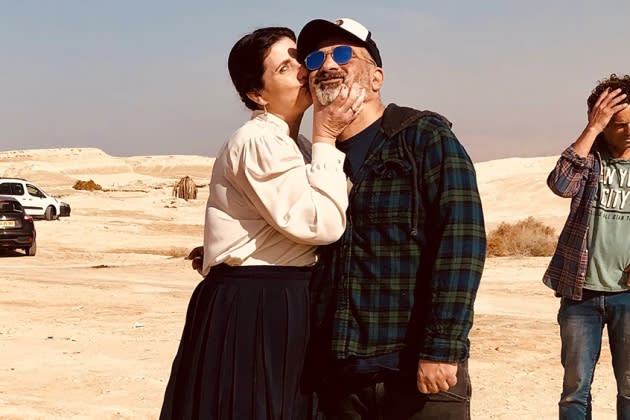
Acre, Israel is a city of contrasts and multitudes. Perched on the country’s northern coast, skimming the teal blue Mediterranean, the ancient port town is a convergence of Muslim, Jewish, Christian and Druze cultures stretching back millennia. On this late June eve, the sun sinks behind Acre’s Old City walls, a network of medieval mosques, citadels and baths. A fisherman planted knee-deep in the sea casts his rod while the sounds of the muezzin echo throughout the city’s pale stone alleyways. Nearby, a Jewish man sips orange juice at a cafe table. A location site for films ranging from Otto Preminger’s “Exodus” to the Sally Field-starrer “Not Without My Daughter,” Acre exudes cinematic flair.
But it’s the salmon sashimi with wasabi sorbet at Uri Buri that lured Phil Rosenthal to Acre in 2018. The Emmy-winning creator of “Everybody Loves Raymond” visited the city’s famed restaurant, operating since 1989, for the premiere episode of his Netflix documentary series “Somebody Feed Phil.” The eatery’s fabled proprietor and chef, Uri Jeremias, who goes by the moniker Uri Buri, isn’t “one to talk about celebrities.” But Jeremias, who also owns the Efendi, a luxury boutique hotel a two-minute walk from Uri Buri, zealously philosophizes on spices, seafood—“There is no bad fish,” he says, “only bad cooks”— and why Acre, and the entirety of Israel, is ever-expanding as a plum location site for a bevy of tv and film productions, including “Fauda” and “Shtisel,” that have made an impact stateside.
More from Variety
German director Maria Shrader shot her 2007 film “Love Life” at the Efendi, a 12-room hotel comprising two restored Ottoman palaces and a Byzantine, Mamluk and Crusader-era basement, since converted into a wine cellar. “We’re talking about 1,500 years or so of history all in one room,” says Jeremias, his signature beard an elongated white triangle. Pointing to the hotel’s hand-painted frescoes and 400-year-old Ottoman hammam, Jeremias remains mum on its celebrity clientele. However, he does reveal: “there was one star who landed in a helicopter on the rooftop and didn’t leave the room for days.”
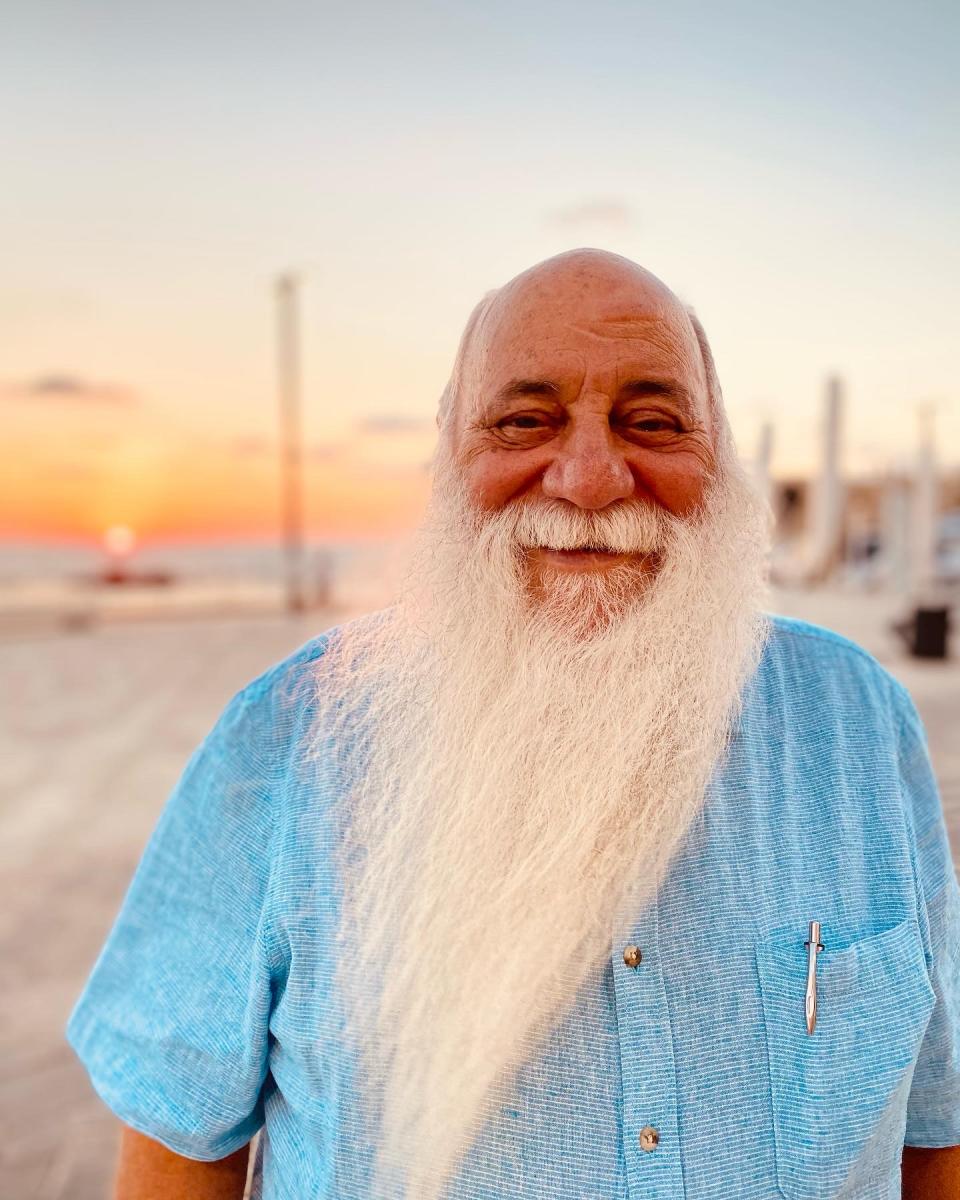
Malina Saval
At roughly 8,550 square miles, Israel is a small country, but with a bounty of varying topography. You can drive its entire length in 8 hours. “I think this is our gift,” says Shimrit Yekutieli, the line producer of “Fauda,” one of Netflix’s hottest Israeli imports. “We have everything except snow–so we can shoot in Israel and make it look like Syria and Lebanon.”
Season four of “Fauda,” which dropped July 13 in Israel on Yes and bows on Netflix later this year, has taken vast advantage of Israel’s scenery, shooting in such places as Kfar Kasim, a hill-top Arab community, Jaffa– “it’s the default stand-in for Beirut,” says Yekutieli–and several spots in the Golan Heights, including Mount Hermon, Druze village Magdel Shams, and the forest near kibbutz Merom Golan. With its plethora of archeological sites, lakes and waterfalls, the Golan Heights is a prime tourism destination; Pereh Mountain Resort, built from an early 20th century French customs house and opened in August 2021, has drawn such industry players as breakout pop star Noa Kirel and famed Israeli actor Aki Avni. Pereh is a luxury oasis retreat in the midst of the Golan’s plethora of natural wonders. For Yekuteli, the area’s practical importance is that it boasts myriad backdrops serving “Fauda’s” fast-paced, international plotlines.
“We have so many different visuals that really help us when doing the production,” she says.
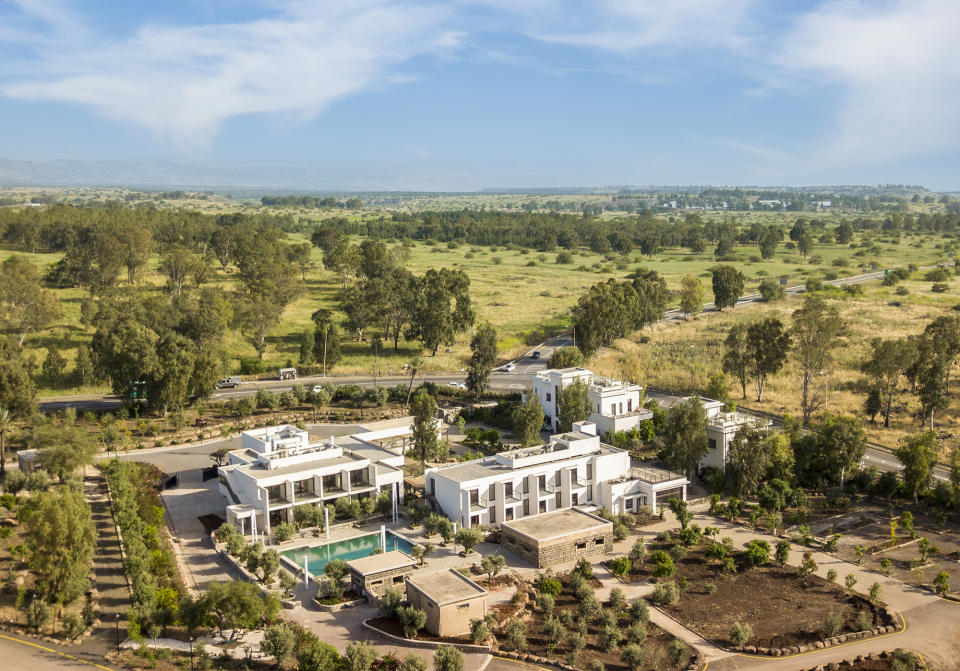
While Tel Aviv is considered the bustling epicenter of the Israeli entertainment industry— “It’s always more expensive when we shoot outside of Tel Aviv,” notes Yekuteli—there are projects for which filming in Jerusalem, Israel’s holy city to Jews, Christians and Muslims, is preferred to preserve authenticity. “Shtisel,” set in Jerusalem’s ultra-Orthodox Guela neighborhood, shots scenes in Mea She’arim, also a Haredi neighborhood, and the storied David Citadel Hotel, which has hosted luminaries such as President Bill Clinton, Kim Kardashian and Mariah Carey.
But some locations require a work-around. “The Beauty Queen of Jerusalem,” Oded Davidoff’s sweeping historical melodrama and Israel’s most expensive TV series to date, was meant to shoot in Ukraine. But COVID-19 hit, complicating travel logistics and costs, and production shifted gears. Certain scenes were filmed at Jerusalem landmarks such as the American Colony Hotel, but most of the series–the first 10 episodes debuted on Netflix this May; part two bows July 29—was shot in Tzfat, a Kabbalistic city in the north.
“We shot during the pandemic which meant that the city was like a studio,” says Dafna Prener, executive producer of Artza Productions, the company behind “Beauty Queen.”
“There were hardly any people around, there were no tourists, and Tzfat is usually a pretty busy spot, so that worked well,” Prener adds.
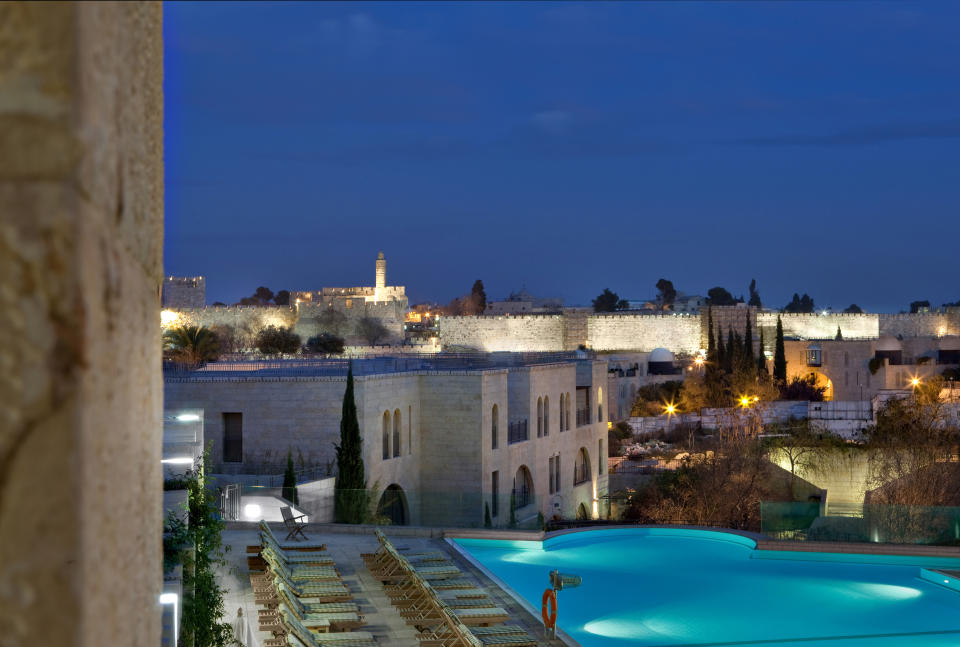
When it came to “Beauty Queen,” the biggest challenge, notes Davidoff, a native Jerusalemite, “was how to shoot Jerusalem from 100 years ago–without showing electricity, cars, air conditioner systems.”
The solution was to create an “artistic” miniature model of Jerusalem used in the show’s opening credits and interstitials. Davidoff partnered with veteran art designers Avi Mussel and Yoav Sinai to complete the model. Davidoff’s teenage daughter, Noga, a budding filmmaker in her own right, also pitched in.
“We did 3-D print-outs of the houses and the Kotel [Western Wall] and the entire city–it took us six months,” says Davidoff, sitting in the lobby of Tel Aviv’s David Kempinski hotel, a soaring husk of glass and steel and one of the city’s latest feats of modern architecture.
“The story of ‘Beauty Queen’ is very sad, so when I made the series, I decided it needed another perspective,” he adds. “I wanted to make it happier–the colors, the feel of the camera. I wanted to bring the viewer to these very old places. So, we shot this model of Jerusalem from overhead. And it works. It almost feels like God’s point of view.”
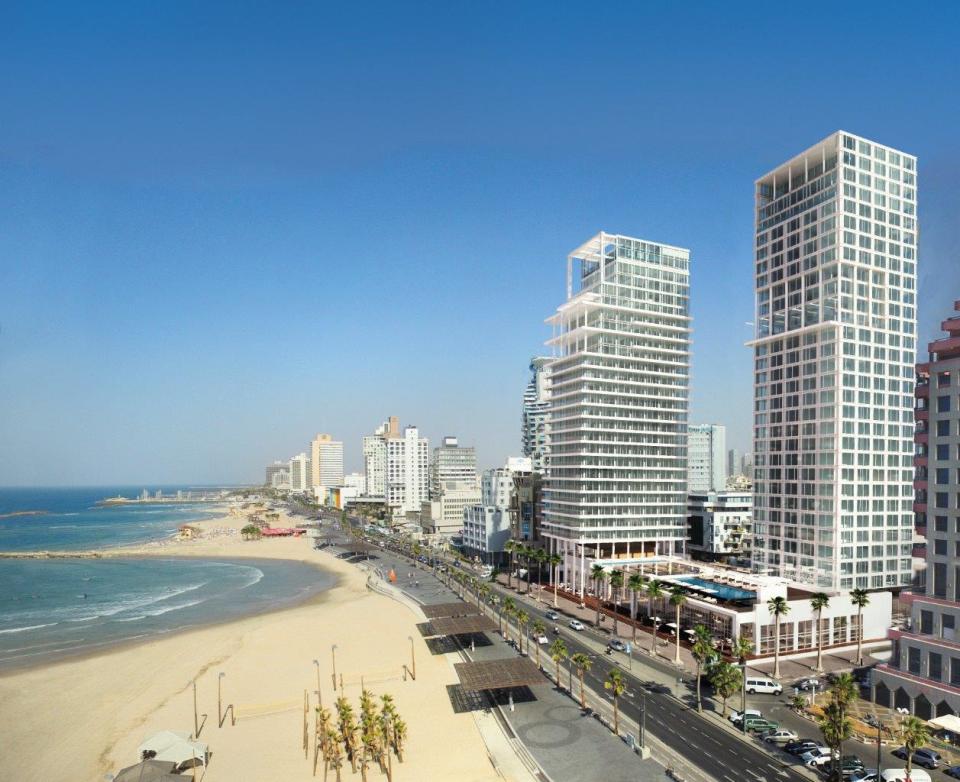
Best of Variety
25 Black Artists the Oscars Should’ve Nominated in the Last Decade
Oscars Predictions: Best Animated Short – 'Opera' Could Upset 'If Anything Happens I Love You'
Sign up for Variety’s Newsletter. For the latest news, follow us on Facebook, Twitter, and Instagram.


